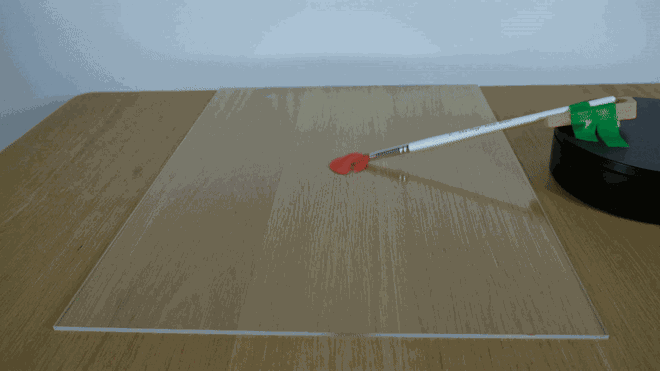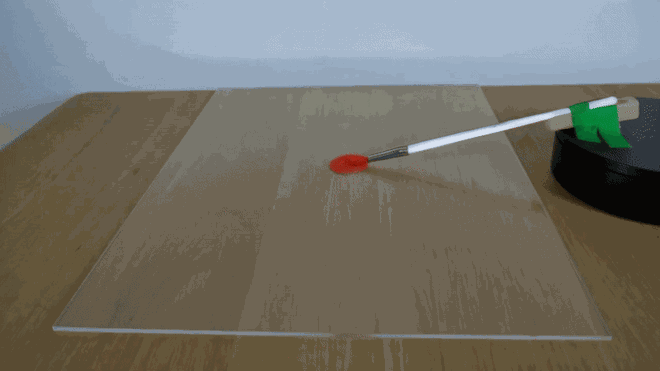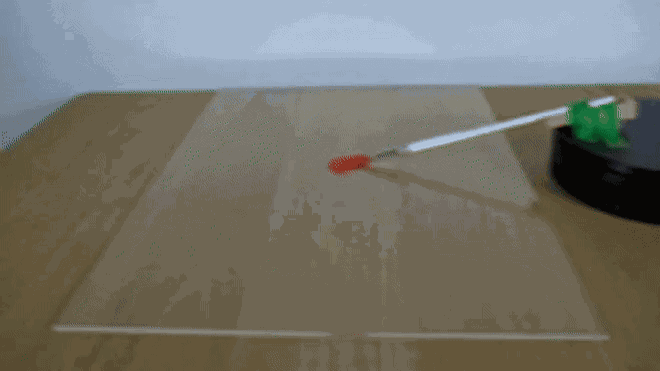Physics IQ Benchmark:
Do generative video models understand physical principles?
† Joint last authors.
TL;DR
We develop the Physics-IQ benchmark and score, which reveals that current generative video models lack physical understanding despite sometimes achieving visual realism. Use our benchmark and dataset to assess your video model's physics understanding!
Solid mechanics
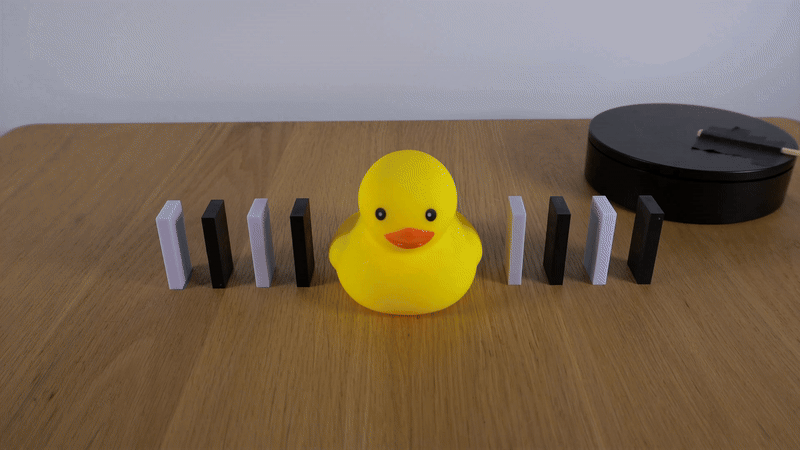
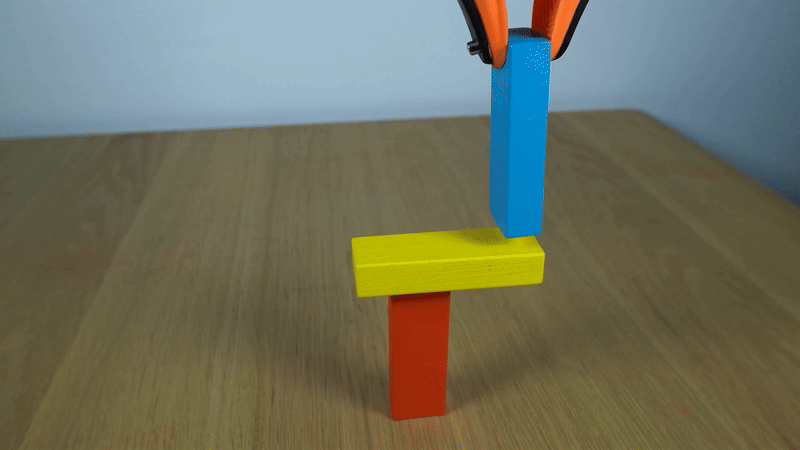
Fluid dynamics


Optics


Thermodynamics
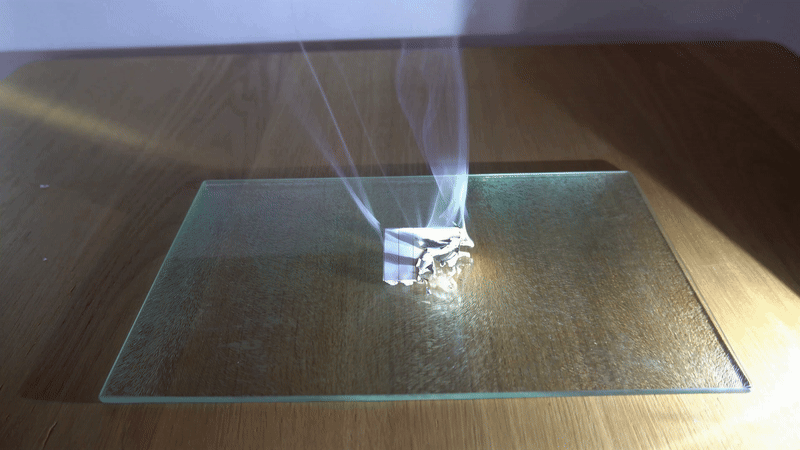

Magnetism
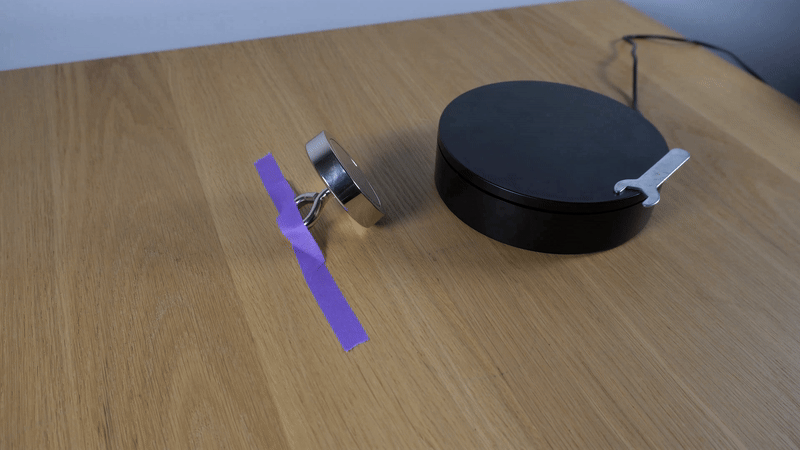
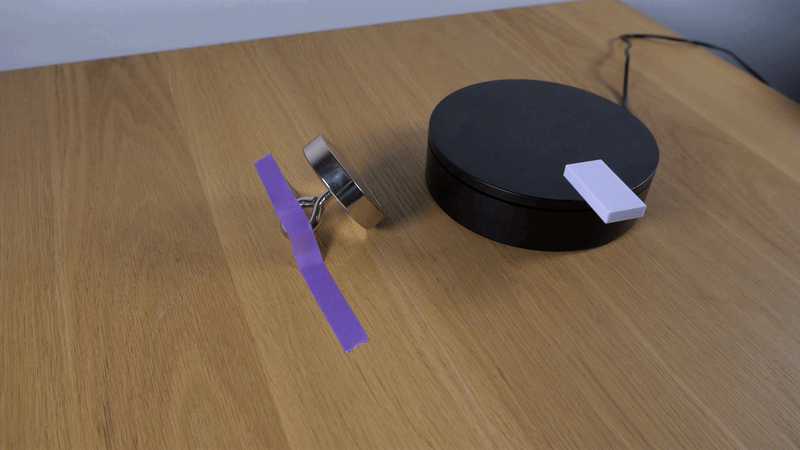
Our benchmark tests the physics understanding of generative video models across 5 categories.
Abstract 📣
AI video generation is undergoing a revolution, with quality and realism advancing rapidly. These advances have led to a passionate scientific debate: Do video models learn “world models” that discover laws of physics — or, alternatively, are they merely sophisticated pixel predictors that achieve visual realism without understanding the physical principles of reality?
We address this question by developing Physics-IQ, a comprehensive benchmark dataset that can only be solved by acquiring a deep understanding of various physical principles, like fluid dynamics, optics, solid mechanics, magnetism and thermodynamics. We find that across a range of current models (Sora, Runway, Pika, Lumiere, Stable Video Diffusion, and VideoPoet), physical understanding is severely limited. At the same time, some test cases can already be successfully solved. For instance, fluid dynamics tend to work better than solid mechanics. This indicates that acquiring certain physical principles from observation alone may be possible, but significant challenges remain. While we expect rapid advances ahead, our work demonstrates that visual realism does not imply physical understanding.
Podcast 📻
On a run and want to get a gist of our paper? Listen to the following podcast!
Leaderboard 🥇
| Model | Physics IQ Score |
|---|---|
| VideoPoet (multiframe) 🏆 |
29.5%
|
| Lumiere (multiframe) |
23.0%
|
| Runway Gen 3 (i2v) |
22.8%
|
| VideoPoet (i2v) |
20.3%
|
| Lumiere (i2v) |
19.0%
|
| Stable Video Diffusion (i2v) |
14.8%
|
| Pika 1.0 (i2v) |
13.0%
|
| Sora (i2v) |
10.0%
|
Examples 🎞️
BibTeX 😊
If you use our dataset and metrics, please cite our work:
@article{motamed2025generative,
title={Do generative video models understand physical principles?},
author={Motamed, Saman and Culp, Laura and Swersky, Kevin and Jaini, Priyank and Geirhos, Robert},
journal={arXiv preprint arXiv:2501.09038},
year={2025}
}
 Paper
Paper
 Code
Code








